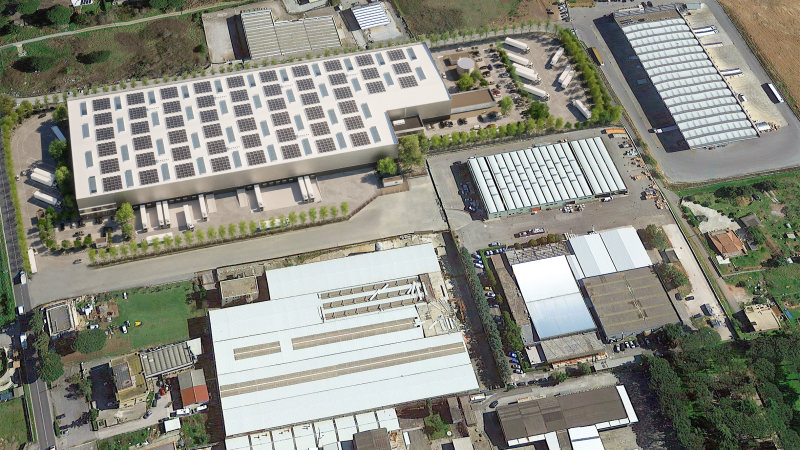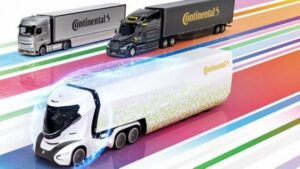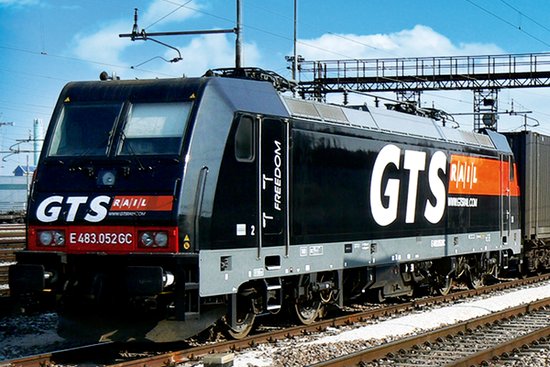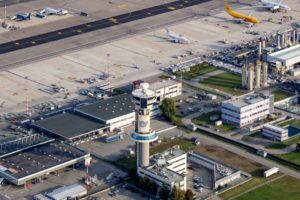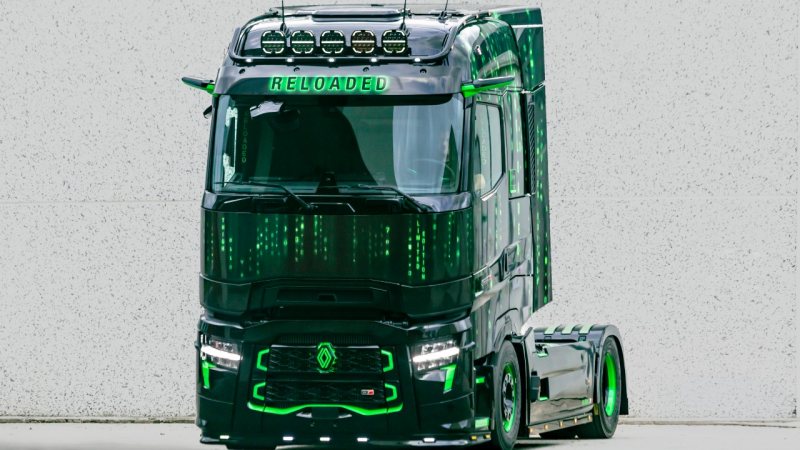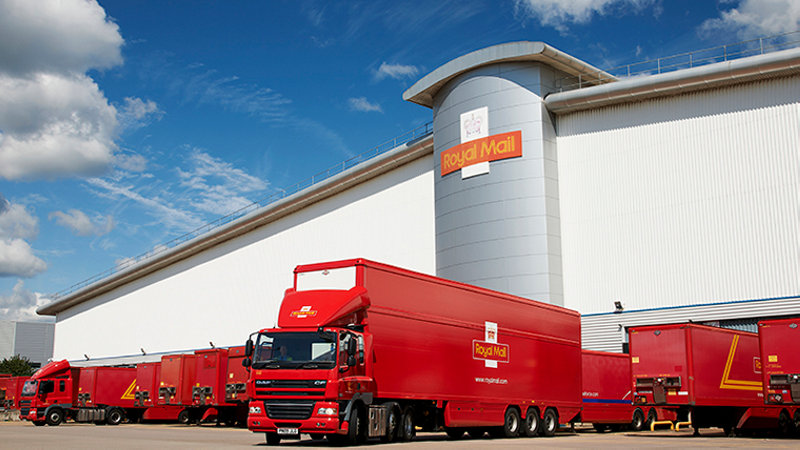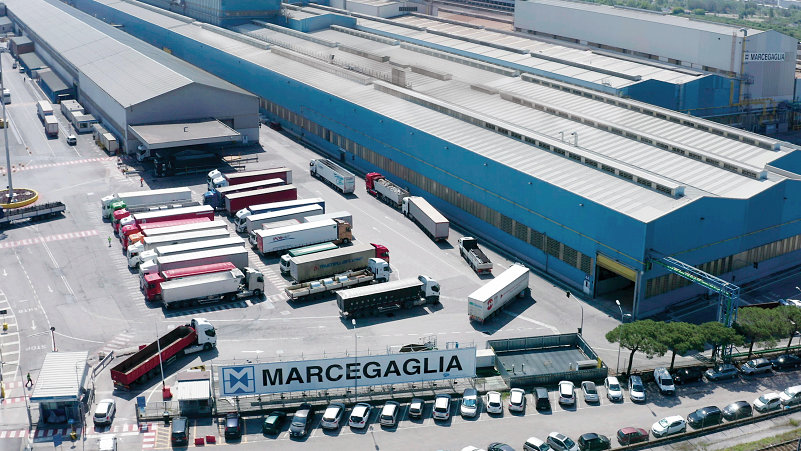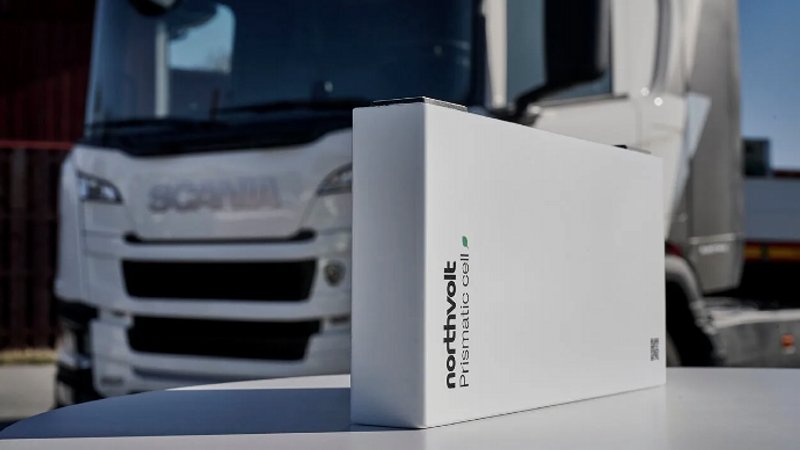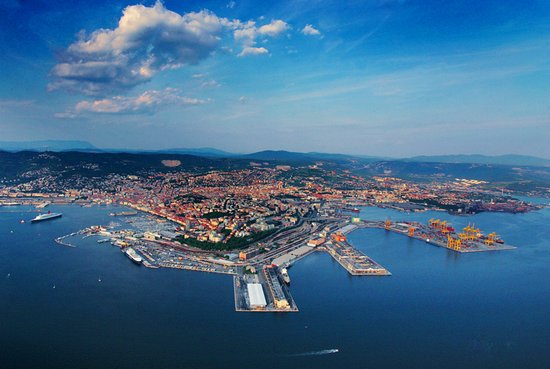Hydrogen is emerging as one of the most promising alternatives to fossil fuels in the transport sector, particularly for buses and commercial vehicles. However, the advancement of this technology still faces significant challenges, one of the most critical being ionic leaching in the cooling circuits of fuel cells. Continental has announced an innovative solution to tackle this issue, improving the reliability and efficiency of hydrogen-powered commercial vehicles.
One of the primary concerns with hydrogen vehicles is the potential contamination of the cooling circuit due to ions released from the materials used in the piping. These ions can compromise the proton exchange membrane (PEM) of the fuel cell, reducing its efficiency and operational lifespan. To counteract this phenomenon, Continental has developed a special synthetic rubber compound based on EPDM (ethylene-propylene-diene monomer), which offers high resistance to ionic leaching. The incorporation of this material in cooling circuits helps maintain the fuel cell’s performance and ensures greater reliability for the entire hydrogen power system.
Beyond ionic contamination, another major challenge in designing hydrogen systems is the low density of hydrogen molecules, which makes containment and safe transport within the vehicle’s circuits difficult. To address this issue, Continental has introduced an advanced technology featuring thermoplastic barrier layers that prevent hydrogen dispersion. In practice, the use of a thermoplastic barrier tube prevents hydrogen leakage and the formation of flammable mixtures, enhancing vehicle safety while increasing range by reducing fuel loss.
Harald Kreidner, head of research and development at the OESL division of ContiTech, highlights the significance of this innovation: "The required performance in terms of permeation resistance, anti-static properties, and high pressure is extremely demanding. Our expertise in materials allows us to develop specific solutions for hydrogen power systems by combining elastomers, thermoplastics, and metals."
Continental’s Original Equipment Solutions (OESL) division is a benchmark in the development of advanced fluid circuit solutions for commercial vehicles. With decades of experience in combustion engine technology, the company has successfully transferred its expertise to new hydrogen and battery power systems.


